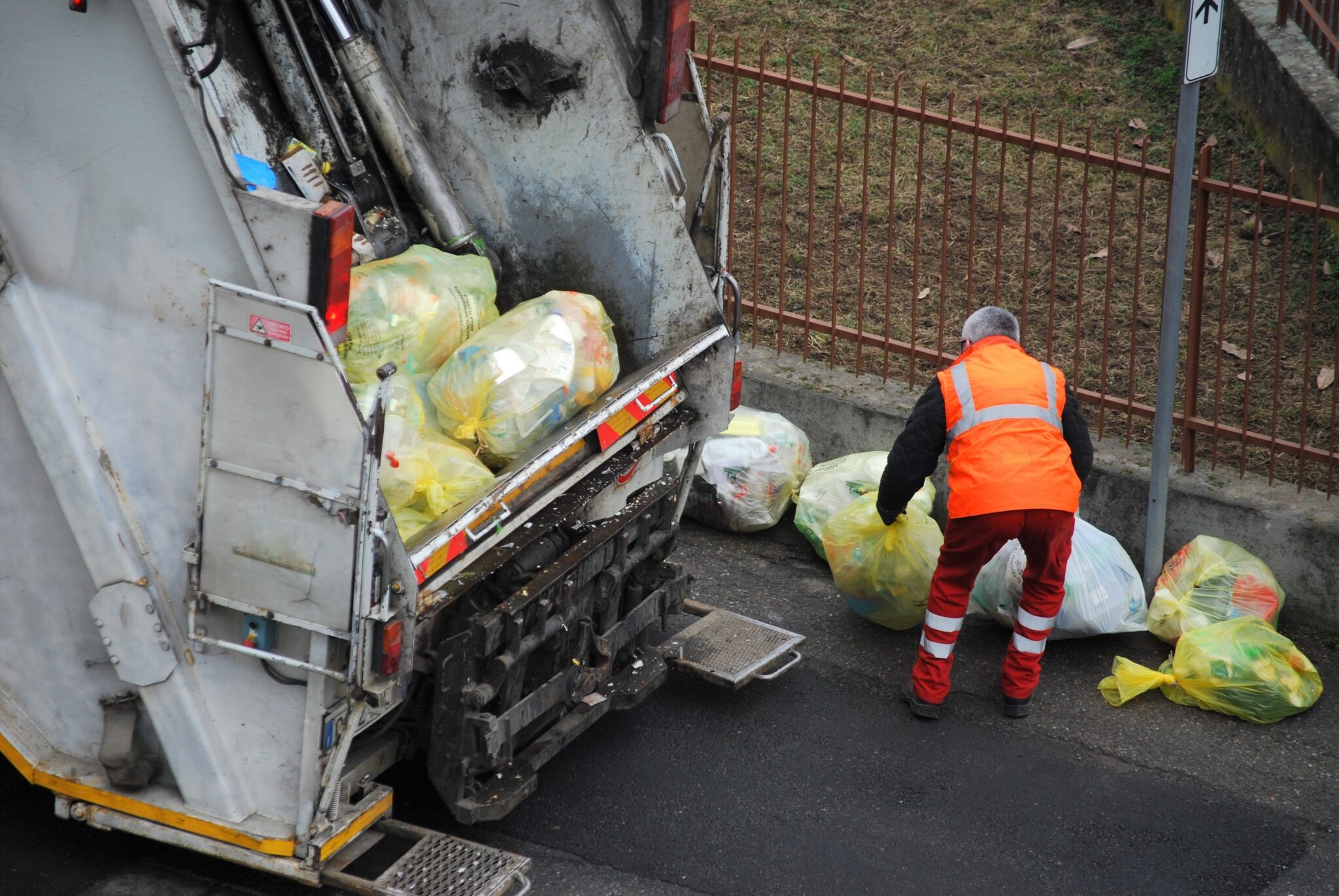
“Pay as you waste”. Or, in French, “pay as you throw”. To encourage city dwellers to throw away less, some cities don’t hesitate to tax their residents based on the amount of waste they produce. This policy has been adopted in several US states and in Seoul to reduce food waste. And it seems to be paying off.
In the United States, the practice is widespread, mainly in the cities of Seattle, Berkeley, Austin and Portland. The principle is simple, as in most cases it consists in paying additional taxes based on the individual production of waste. “A way to get residents more involved in recycling activities in their city and to encourage them to throw away less”underlines a study published by the media The Conversation.
This is particularly the case in the US state of Massachusetts, where households produced an average of 562 kg of waste per household in 2020, compared to 796 kg per household in cities that have not adopted this approach, according to the article by Lily Baum Pollans, Assistant Professor of Urban policy and planning at Hunter College in New York.
How does that work in concrete terms?
Some municipalities ask their residents to label garbage bags to pay separately for each package of waste. City dwellers may also be required to sign up for a garbage collection service, limiting the amount of trash they can put on the sidewalk.
A system similar to that in Seoul. Since 2013, South Korea’s capital has required its residents to pay additional taxes based on the weight of their food waste. Every household has a smart card, sesame to access the connected bins, equipped with a scale and made available by the municipality.
After the contents of the (biodegradable) garbage bags have been emptied, the weight associated with the waste is displayed on a small screen. It is then added to the cardholder’s household account. A mandatory and paid measure that encourages the population to reduce food waste and which would have enabled Seoul Municipality to achieve a budgetary saving of approximately EUR 7 million in waste collection costs.
Cryptocurrency in exchange for waste
Other strategies are being orchestrated to encourage city dwellers to clean up trash in their spare time. While some people willingly opt for “plogging” (a Swedish trend of jogging with a garbage bag in hand and cleaning up trash along the way), others do so for a financial reward.
This is especially the case with the Clean Coins application, developed by a startup in Haifa, Israel. The young shoot has developed a cryptocurrency of the same name to reward users who collect garbage in the city. The latter are paid based on the amount of waste collected and can spend their earnings (in cryptocurrency only) on the company’s partner brands.
(ETX Daily Up)